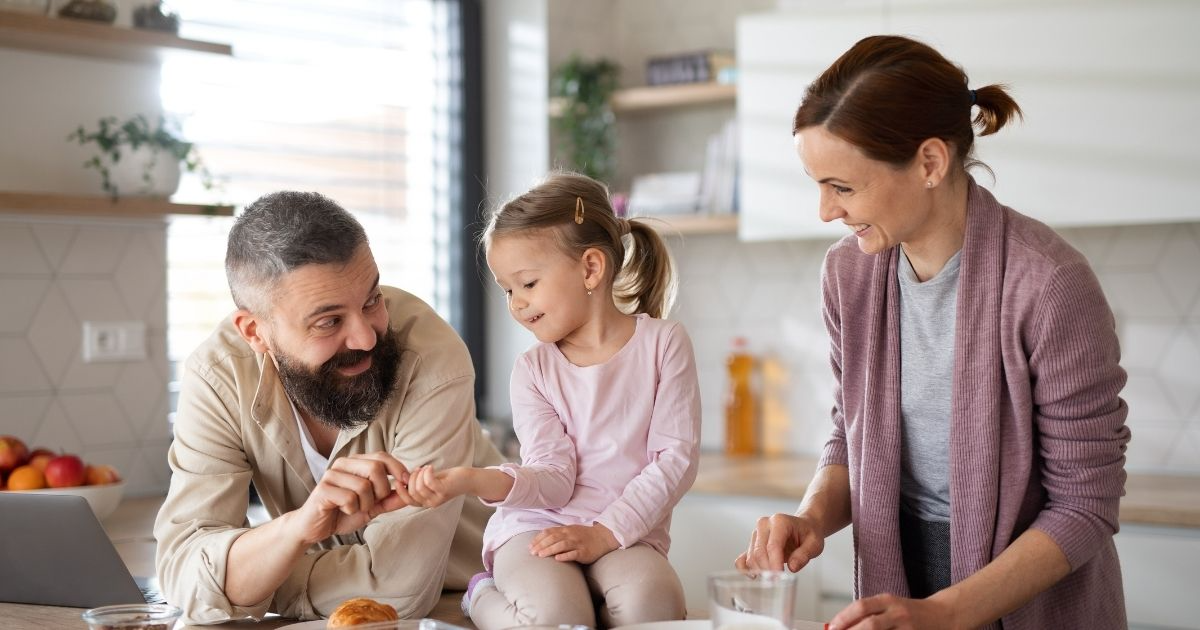The scale of the climate crisis can seem overwhelming as entire nations seek to decarbonise their economies, enact sustainable development goals, while environmental degradation is being recorded globally. For everyday consumers, the sheer size of the issue can make it too daunting to tackle as an individual – yet they can absolutely have an impact. Sustainability starts at home, and businesses have an important role in helping their communities adapt [1].
Think globally, act locally
From providing services that encourage sustainable habits – such as the 7 Rs (Rethink, Refuse, Reduce, Repurpose, Reuse, Repair, Recycle) – or finding opportunities to unite stakeholders to promote a message, businesses of any size can be a part of the movement [2]. Globally, consumers are already interested in becoming more sustainable, but have indicated a lack of opportunity or knowledge as the reason they have yet to change their behaviour [3]. Here exists a chance for sustainable-minded businesses to become a part of the global transition to a low-carbon future. Purpose-filled companies following a progressive agenda that adapts to market trends will ensure that they are ahead of their competition and become a part of the transition [4, 5].
Consumer-based approach
Consumers are more aware than ever of the impact their choices and that of the companies they support have on the environment [3, 5]. As global governments shift towards a low-carbon economic framework there has also been a shift to take into account consumer needs and wants when it comes to sustainability [6]. As Bart de Smet points out for the World Economic Forum, consumer power can scale change, and businesses have the opportunity to bring on that change by providing and promoting sustainable alternatives while leveraging consumers’ insights and knowledge for action [4].
The future is low-carbon and will be built on the foundations set by companies that were willing to encourage sustainability in everyday life and provide opportunities for their communities. Climate change is happening. The transition towards a circular society is underway – so why delay adapting to a sustainable business model [7]?
Key takeaways:
- Sustainability begins at home, living a low-carbon lifestyle is relatively easy [1].
- Environmental education is important to enable sustainable behaviour [2]; and
- Businesses can help consumers build sustainable habits [4].
References
[1] Kate Bassett, 2021, “Sustainability begins at home: how to live a lower-carbon lifestyle”, Financial Times.
[2] James Ellsmoor, 2019, “Environmental Education Will Shape A New Generation Of Decision-Makers”, Forbes.
[3] Southern Cross University, 2019, “Going Green”, Southern Cross University.
[4] Bart de Smet, 2022, “Closing the ‘say-do gap’: How businesses can help consumers build sustainable habits”, World Economic Forum.
[5] Deloitte, 2021 “The Deloitte Global 2021 Millennial and Gen Z Survey”, Deloitte Touche Tohmatsu Limited.
[6] J.N. Sheth, N.K Sethia, & S. Srinivas, 2011, “Mindful consumption: a customer-centric approach to sustainability”, Journal of the Academy of Marketing Science 39, pp. 21-39
[7] Vincent Diringer, 2022, “The Importance of Sustainable Business Models”, LEAD-WiSE.
